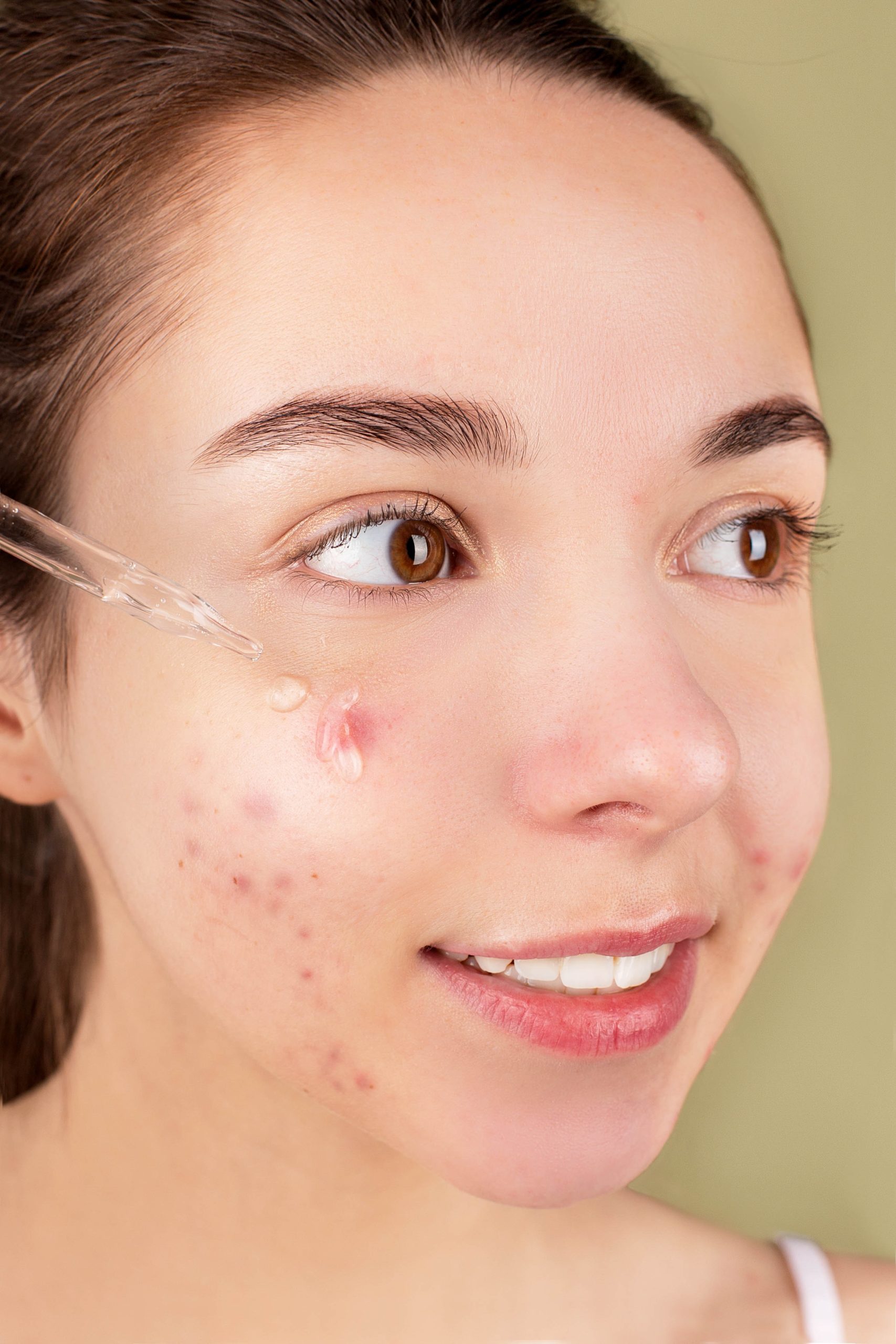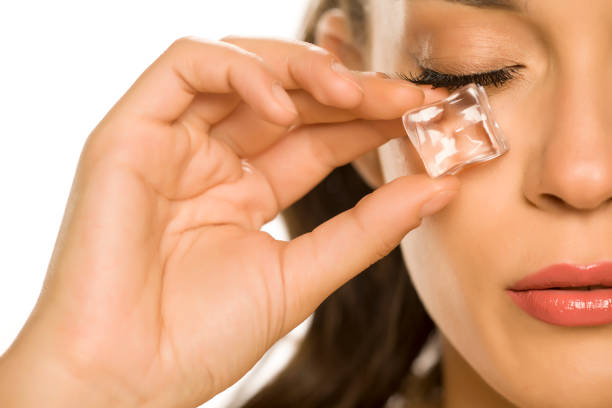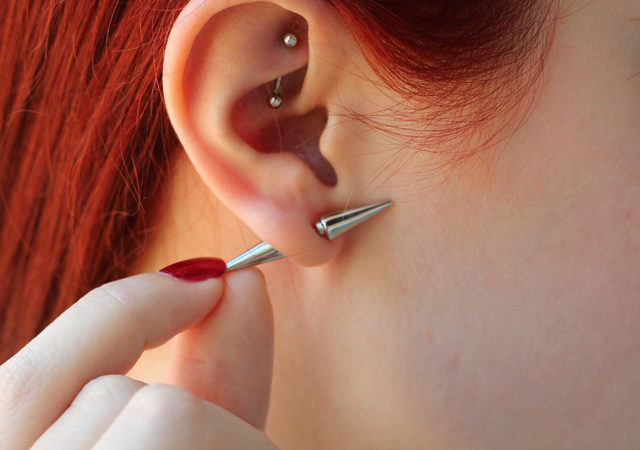Is Hyaluronic Acid Good For Acne?

Hyaluronic acid is a popular skincare ingredient and is trending in almost every skincare product available. Yes, it helps in skin hydration but can you use hyaluronic acid for acne?
People dealing with skin congestion and acne often have this question. Although hyaluronic acid is all about hydration and nourishment, it can also help in treating acne. How? Let’s find out.
We will discuss hyaluronic acid serum benefits for acne-prone skin and some of the best hyaluronic acid skin care products that you need to try.
What is Hyaluronic Acid?
Hyaluronic acid has plenty of benefits for the skin, which makes it a smart choice to include in your kit. Our body naturally produces this clear substance and is found in the eyes, connective tissues, and skin. It functions to retain moisture and keep your body hydrated and lubricated.
Hyaluronic acid is essential to keep the dermis supple as it binds with water to retain a denser and glowing complexion while reflecting healthy skin.
Hyaluronic acid works on everything from dry skin to wrinkles, acne, and even post-sun hyperpigmentation.
Hyaluronic Acid Serum Benefits for Acne
Skin that lacks hyaluronic acid will appear like combination skin. These skin types have acne issues in T-zone areas (nose, chin, forehead) while dryness in other parts of the face.
Combination skin suffers blemishes due to the overproduction of lipids. People who are suffering from low HA levels can experience blemishes due to dead skin cells buildup leading to blocked pores.
With proper hydration levels, skin cells are not able to move through dead skin cell removal. This clogs hair follicles, and dead skin cells mingle with dirt, cosmetics, bacteria and causes breakouts.
In such situations, supplementing your skin with plant-based hyaluronic acid serum helps in improving skin texture and skin tone, which is essential to treat blemishes and cysts.
In simple terms: dry skin = damaged skin, damaged skin= acne.
When you use hyaluronic acid to increase your skin strength and outermost moisture barrier, you will effectively enhance the skin’s ability to keep any possible irritants and bacteria out while filtering dead skin.
Drawbacks of Hyaluronic Acid for Acne
Hyaluronic acid is a popular skincare ingredient these days, and it is often combined with other ingredients, which can clog pores and may not suit acne-prone skin. Before buying products, it is important to check the ingredient list of any hyaluronic acid product.
Chances are, you might be misusing hyaluronic acid. If you are using hyaluronic acid, be sure to lock it in using a good moisturizer. Otherwise, it will evaporate from your skin, making it feel more dehydrated.
As mentioned above-dehydrated skin increases oil production, which can worsen your acne and breakout situation.
When To “NOT” Use Hyaluronic Acid for Acne
One important thing to know before you go and buy hyaluronic acid serum for your face is that there are some exceptions associated with it to treat acne.
When you use HA serum, it is important to know about the other ingredients in the product formula. As hyaluronic acid is used as a hydrating agent, other ingredients in the product might be suitable for ultra-dry and non-acneic skin types. Also, HAA is mostly combined with comedogenic ingredients, which means pore-clogging, which must be avoided at any cost for acne-prone skin.
Most commonly used comedogenic ingredient in hyaluronic acid serum for skin:
SILICONE
Silicones clog pores by attracting debris and creating a silky thin layer all over the outer layer of your skin. This silky texture will make you believe that serum is working, but it is just a quick fix or an artificial barrier that traps bacteria, dirt, and sebum in your pores.
LANOLIN
Lanolin is an ingredient extracted from sheep’s wool and has a thick emollient texture. It is used to amp up the liquid barrier in your skin and is often mixed up with synthetic chemicals that may cause irritation and exacerbate blemish-prone and sensitive skin.
Other hyaluronic serum ingredients to watch out for are mineral oil and linseed oil. These ingredients clog pores and can worsen your acne condition. Instead, opt for natural serums that include potent vitamin concentrations and are free of any fillers.
Read More- How To Get Rid Of Hormonal Acne Effectively?
Best Hyaluronic Acid Picks for a Healthy Skin Barrier
The Ordinary Hyaluronic Acid 2% + B5 Serum
This is a vegan and water-based serum-containing low to medium and high molecular weight HA along with crosspolymer to provide hydration on multiple levels. The formula is enriched with vitamin B5 or panthenol which has anti-inflammatory properties. It works by strengthening the natural moisture barrier of the skin.
These ingredients are a good choice to make an effective hyaluronic acid serum which benefits to create healthy skin barrier and improve hydration levels.
La Roche-Posay Hyalu B5 Hyaluronic Acid Serum
This is an anti-aging HA-based skin serum formulated with pure hyaluronic acid concentration, vitamin B5, madecassoside. This is an effective hydrating serum that is suitable for sensitive skin types.
Sodium hyaluronate is a salt of HA which keeps the skin plump and hydrated. Madecassoside is extracted from the Centella Asiatica plant to offer antioxidant, soothing, and reparative benefits, making it suitable for sensitive skin types. Panthenol helps to moisturize the skin and provide healing properties.
This anti-aging concentrate serum has a rich texture to moisturize the skin and make it plump to keep fine lines away. The oil-free formula is non-comedogenic, which means it will not clog your pores. Also, the best part is that it is paraben-free and allergy-tested.
Neutrogena Hydro Boost Hyaluronic Acid Water Gel
Neutrogena water gel is formulated with HA and acts like a sponge to absorb water from the air and hold it in the skin. It is designed to not clog your pores and deal with acne-prone skin while effectively hydrating.
It has a lightweight and oil-free formula which is also non-greasy. It gets quickly absorbed into the skin like a gel and protects the skin from moisture loss without feeling heavy on the skin. This HA-based water gel is also suitable to wear under makeup.
FAQ’s
Can Hyaluronic Acid Treat Acne Scars?
Hyaluronic acid provides a plumping effect on the skin, which helps in improving the look and smoothness of acne-affected areas and scars. When it is used as filler and is injected, hyaluronic acid can help in reducing depressed acne scars.
Can Hyaluronic Acid Cause Acne?
If hyaluronic acid is not used properly, it can worsen your acne. Hyaluronic acid is a non-comedogenic ingredient that does not clog pores. However, depending on the product formula, it might contain certain ingredients which can cause acne.
It is possible that a product containing HA can cause acne in certain skin types as the formula is too heavy or rich. The chances of something like this happening are more when it’s paired with non-comedogenic ingredients.
Does Oily Skin Need Hyaluronic Acid?
Oily skin requires proper hydration as well; when oily skin gets dehydrated, your skin will compensate by producing more oil which can worsen breakouts and acne situations.
If you suffer from frequent acne or congestion, then hyaluronic acid may help if added to your skincare routine to create a healthy skin barrier and hydrate the skin. A strong skin barrier is essential to protect the skin against any environmental aggressor who may cause dryness and worsen your breakouts.
Is Hyaluronic Acid Effective On Cystic Acne?
If you suffer from cystic acne, then adding hyaluronic acid to your skincare routine may not be as effective. It will help in keeping the skin hydrated, creating a healthy skin barrier and overall health; however, it may not treat cystic acne.
Final Thoughts on Hyaluronic Acid for Acne-Prone Skin
Hyaluronic acid is a great ingredient that helps in hydrating skin and creating a healthy skin barrier. It may be beneficial for people who are struggling with a lack of moisture or dehydration but may not help acne directly.
If you have skin congestion or suffer from acne-prone skin, then hyaluronic acid can be added to your skincare routine. It will create a healthy skin barrier and protect your skin from dryness and irritation, which may cause acne.
I hope this article will help you in choosing the right skincare ingredient for your skin. If you find this article helpful, do not forget to leave a comment down below.






